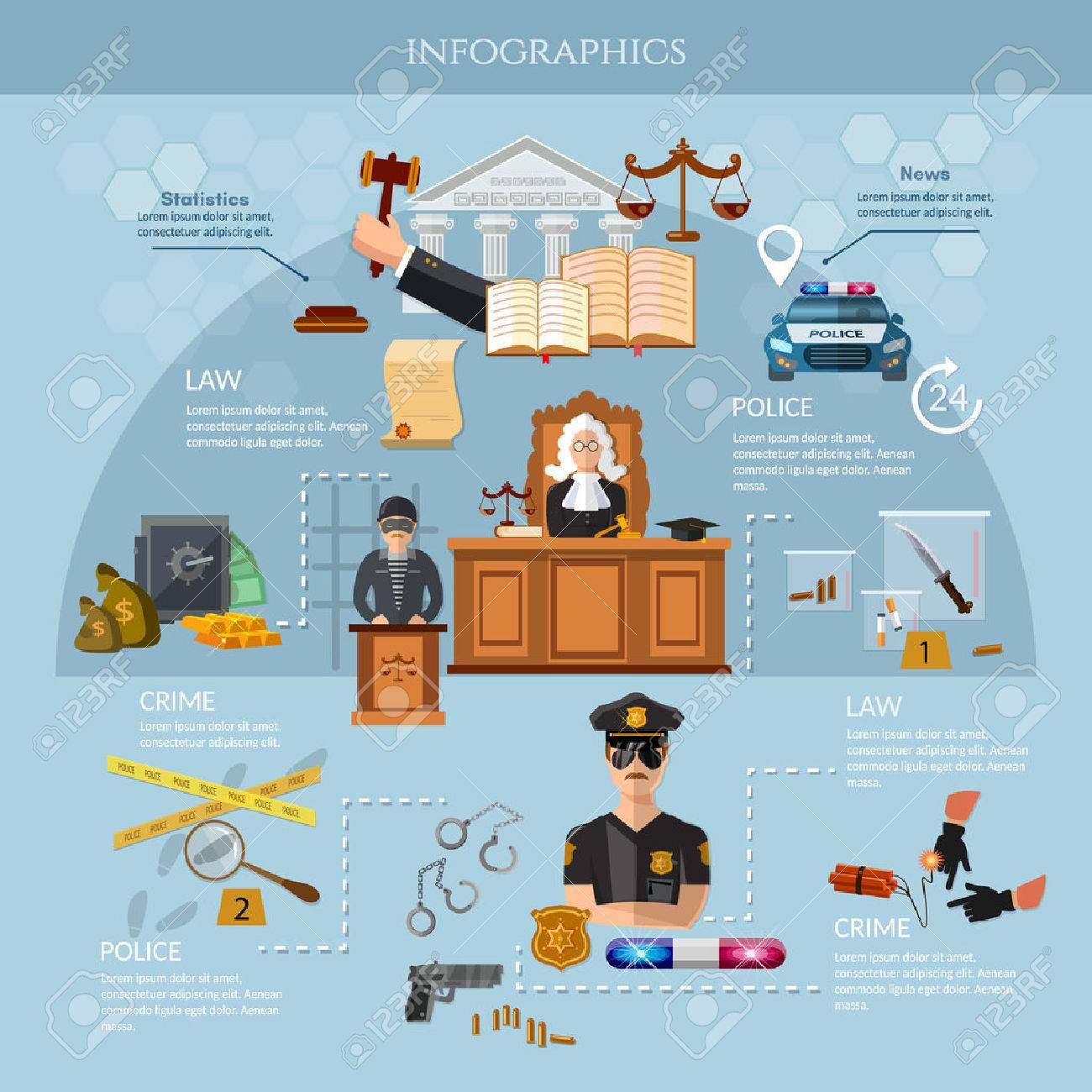Typical Myths About Criminal Protection: Debunking Misconceptions
Typical Myths About Criminal Protection: Debunking Misconceptions
Blog Article
Posted By-Black Porterfield
You've most likely listened to the myth that if you're charged with a criminal activity, you need to be guilty, or that remaining silent methods you're concealing something. These prevalent ideas not only misshape public assumption however can additionally influence the results of lawful procedures. It's essential to peel back the layers of mistaken belief to comprehend the true nature of criminal protection and the rights it protects. What happens if you knew that these misconceptions could be dismantling the really foundations of justice? check over herea up with the discussion and discover how unmasking these misconceptions is essential for making certain fairness in our lawful system.
Myth: All Accuseds Are Guilty
Typically, people incorrectly think that if a person is charged with a criminal activity, they must be guilty. You might think that the legal system is infallible, but that's much from the reality. Charges can originate from misconceptions, incorrect identifications, or insufficient evidence. It's important to remember that in the eyes of the regulation, you're innocent until tested guilty.
This presumption of virtue is the bedrock of the criminal justice system. It makes sure that the burden of proof lies with the prosecution, not you. They should establish beyond a reasonable doubt that you devoted the criminal offense. This high conventional safeguards individuals from wrongful convictions, making sure that no person is penalized based upon assumptions or weak proof.
Furthermore, being charged does not indicate federal wire fraud defense lawyer of the roadway for you. You have the right to defend yourself in court. This is where a competent defense lawyer enters into play. They can test the prosecution's case, existing counter-evidence, and advocate on your behalf.
The intricacy of legal process frequently requires skilled navigation to safeguard your civil liberties and attain a reasonable result.
Myth: Silence Equals Admission
Many believe that if you select to stay silent when implicated of a crime, you're basically admitting guilt. Nonetheless, this could not be better from the truth. Your right to remain quiet is shielded under the Fifth Change to avoid self-incrimination. It's a lawful protect, not a sign of sense of guilt.
When you're silent, you're really working out a basic right. This prevents you from stating something that may inadvertently damage your defense. Remember, in the warm of the moment, it's easy to get confused or speak wrongly. Police can analyze your words in methods you really did not mean.
By remaining quiet, you provide your attorney the very best opportunity to defend you effectively, without the difficulty of misinterpreted statements.
Furthermore, it's the prosecution's task to verify you're guilty beyond a reasonable doubt. Your silence can't be utilized as proof of guilt. As a matter of fact, jurors are instructed not to analyze silence as an admission of sense of guilt.
Misconception: Public Protectors Are Inefficient
The false impression that public defenders are ineffective lingers, yet it's crucial to comprehend their vital role in the justice system. Many think that because public protectors are usually overwhelmed with cases, they can not offer quality defense. Nevertheless, this neglects the depth of their devotion and competence.
Public protectors are totally certified attorneys who have actually selected to focus on criminal law. They're as qualified as personal legal representatives and commonly extra seasoned in test work because of the volume of instances they handle. You may think they're less motivated because they do not pick their clients, but in truth, they're deeply dedicated to the ideals of justice and equality.
It is necessary to bear in mind that all legal representatives, whether public or exclusive, face difficulties and restraints. Public defenders typically deal with less resources and under even more pressure. Yet, they consistently show strength and creativity in their protection methods.
Their function isn't simply a work; it's a mission to make sure that everyone, despite income, receives a fair test.
Conclusion
You could think if somebody's billed, they need to be guilty, yet that's not how our system works. Choosing to stay silent doesn't suggest you're admitting anything; it's simply wise self-defense. And don't take too lightly public protectors; they're committed experts dedicated to justice. Remember, everybody is entitled to a fair trial and proficient representation-- these are essential civil liberties. Let's lose these myths and see the lawful system of what it genuinely is: a place where justice is looked for, not just punishment dispensed.
